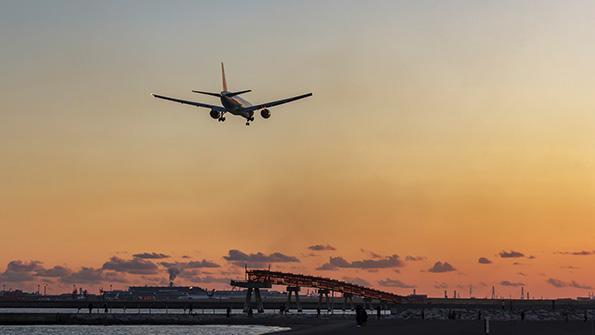
Thirty years ago, the governments of the Netherlands and the US took the courageous and visionary step of forging the world’s first Open Skies agreement.
It took courage because of the suspicions and cynicism on both sides of the Atlantic about who might be the “bigger winner,” and it was visionary because few at the time comprehended the tremendous significance that this first Open Skies pact would have on commercial aviation and global trade.
Since 1992, the US has established more than 130 Open Skies agreements and the model has been adopted by other nations and national alliances. Over 70% of international flights in and out of the US operate under an Open Skies agreement.
The policy of unrestricted market access, which is the keystone to an Open Skies agreement, eliminates government intervention in airline decision-making about routes, capacity and pricing, and is credited with lowering fares by as much as 30%, creating millions of jobs and generating billions of dollars in international trade.
Open Skies agreements are the great aviation connector of people, ideas and, most especially, commerce. FedEx founder and chairman Fred Smith—himself a visionary and the creator of the modern air cargo and express package system—noted in September as he received the prestigious 2022 L. Welch Pogue Award that history proves conclusively that people have always wanted to travel and trade. Supporting the continuance of the markets that Open Skies have facilitated is critical, he said.
Smith is right. But there are increasingly worrying signs of protectionism and isolationism that threaten Open Skies.
Retreating from Open Skies policies would be a grave mistake. In particular, it would disrupt the global air cargo system at a time when the role of that industry sector has never been more critical. Try to imagine a pandemic world where miraculous vaccines could not be delivered safely, securely and expediently.
The global air cargo system has long been the deliverer of essential medical equipment and medicines and of manufacturing parts critical to the global supply chain. It has long been a conduit for trade and emerging e-commerce. The pandemic shone a light on the industry and its capabilities and has accelerated the pace of e-commerce by perhaps five years, generating more business and jobs.
Air cargo operators depend on Open Skies, especially the fourth and fifth freedoms that are often encompassed in the agreements for the express purpose of providing additional rights to fly routes that do not connect to their home country.
Mess with Open Skies and you risk messing up that entire eco-system that brings connectivity, wealth, well-being and jobs.
The 30th anniversary of the pact between the US and the Netherlands is a time to celebrate that incredible achievement and to build on it. Open Skies must be cherished and preserved.




